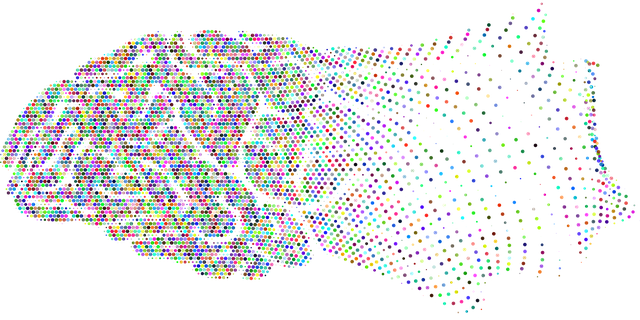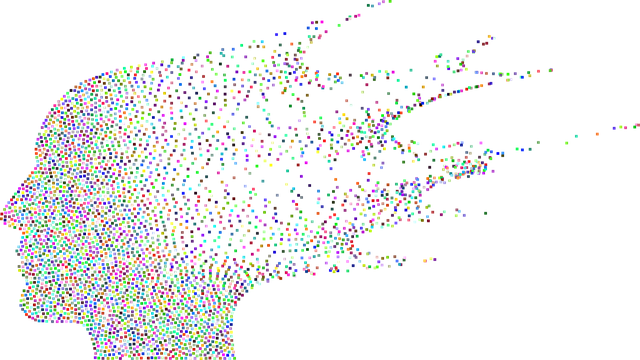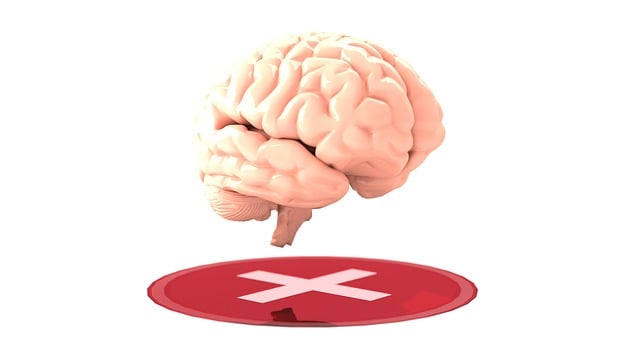In today's digital era, mental wellness apps are transforming personal growth and support, especially in addressing critical issues like domestic violence. These apps, exemplified by Denver Domestic Violence Therapy (DDVT) services, offer accessible therapy through user-friendly interfaces, interactive features, and evidence-based practices. Key components include mood tracking, meditation, goal setting, and community forums. DDVT's digital solution expands their reach globally, providing essential resources for survivors and promoting emotional well-being. The development process involves meticulous design, secure cloud systems, AI integration, and stringent ethical considerations to ensure effective and safe mental wellness support.
In today’s fast-paced world, mental wellness app development has emerged as a game changer in the healthcare sector. With increasing awareness about mental health, there is a growing demand for accessible therapy solutions. This article explores the rising need for digital mental health support, focusing on key features that make an app effective, such as personalized plans and secure communication. We also delve into a case study of Denver Domestic Violence Therapy, showcasing how innovative apps can revolutionize access to critical services, and discuss the development process behind these transformative tools.
- Understanding the Need for Mental Wellness Apps
- Key Features of an Effective Therapy App
- Denver Domestic Violence Therapy: A Case Study
- Development Process and Technologies Involved
Understanding the Need for Mental Wellness Apps

In today’s fast-paced and often stressful world, mental wellness is more important than ever. The rise of remote work, digital connectivity, and constant connectivity has led to increased feelings of isolation, anxiety, and burnout. This is particularly evident in communities like Denver, where domestic violence therapy services are in high demand. Mental wellness apps offer a promising solution by providing accessible and personalized support for individuals seeking to improve their emotional well-being.
These digital tools cater to a wide range of needs, from stress management and mindfulness exercises to tracking moods and connecting users with mental health professionals. Moreover, considering the growing need for burnout prevention strategies among healthcare providers—a demographic often at high risk due to demanding work schedules—wellness apps can play a pivotal role in promoting resilience and self-care. By integrating features like meditation guides, cognitive-behavioral techniques, and educational content related to mental health, these applications contribute to effective emotional healing processes. Additionally, the design of mental health education programs can benefit from app-based models, making learning about mental wellness engaging and accessible to a broader audience.
Key Features of an Effective Therapy App

In today’s digital age, mental wellness apps are becoming indispensable tools for individuals seeking support and improvement. When it comes to developing an effective therapy app, such as those offering Denver Domestic Violence Therapy or emotional regulation techniques, several key features stand out. Firstly, a user-friendly interface is crucial; intuitive navigation ensures individuals can access resources without feeling overwhelmed. Interactive elements like guided meditations, mood trackers, and personalized recommendations foster engagement, making the experience enjoyable and impactful.
Additionally, incorporating evidence-based practices like stress management workshops or anxiety relief techniques through interactive exercises, videos, and articles enhances the app’s effectiveness. The ability to set goals, track progress, and receive encouraging feedback loops motivates users to persist with their mental wellness journey. Moreover, integrating features for social connection, such as forums or peer support groups, can provide a sense of community, which is vital for many individuals navigating emotional challenges, whether it’s managing stress, anxiety relief, or healing from domestic violence.
Denver Domestic Violence Therapy: A Case Study

Denver Domestic Violence Therapy (DDVT) serves as a compelling case study for mental wellness app development, highlighting the power of innovative solutions in addressing critical social issues. This non-profit organization has pioneered digital platforms tailored to provide safe spaces and essential resources for survivors of domestic violence. Through their app, DDVT offers tailored support, including trauma-informed counseling, self-esteem improvement exercises, and a network of trusted professionals—all accessible at the touch of a button.
The application’s success lies in its ability to bridge the gap between traditional therapy and modern technology, ensuring that vulnerable individuals can access mental health awareness tools and Trauma Support Services whenever needed. By leveraging digital channels, DDVT has expanded its reach beyond geographical boundaries, offering much-needed assistance to those who might otherwise struggle to find help. This approach underscores the potential for app development in revolutionizing mental wellness support, making it more accessible and effective.
Development Process and Technologies Involved

The development process for a mental wellness app is a meticulous journey that requires careful planning and expertise. It begins with identifying specific needs within the mental health space, such as addressing Denver Domestic Violence Therapy or fostering Emotional Intelligence. Developers then design intuitive user interfaces, ensuring accessibility and usability for diverse users. The technology landscape offers various tools; from cloud-based data storage to secure messaging APIs, developers leverage these to create robust back-end systems capable of handling sensitive user information.
Key considerations include implementing encryption protocols for data privacy, integrating AI or machine learning algorithms for personalized recommendations, and incorporating features like meditation guides or mood tracking to enhance Stress Management Workshops Organization. The app’s development should adhere to ethical standards, especially when dealing with vulnerable populations. Regular testing and updates are vital to ensure a seamless user experience that promotes mental wellness.
Mental wellness apps are transforming access to therapeutic support, particularly in specialized areas like domestic violence therapy, as seen from our case study on Denver Domestic Violence Therapy. By incorporating key features such as personalized content, secure communication, and evidence-based practices, these apps offer discreet, accessible, and effective solutions. As technology advances, the development process becomes more streamlined, enabling professionals to create innovative tools that enhance mental health outcomes and reach a wider audience in need.









